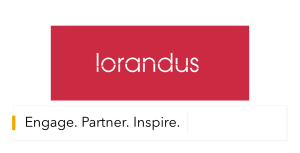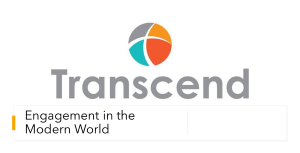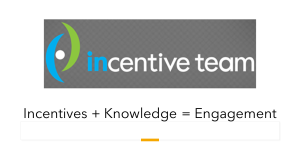Why is a leading professor of finance at the London Business School a strong advocate for employee engagement? Because it’s better business, he says. That’s the premise of Alex Edmans’ new book, Grow the Pie: How Great Companies Deliver Both Purpose and Profit, published in March by Cambridge University Press. Edmans will be a panelist in a series of upcoming EEA Zoom Shows, starting June 24, 1 pm-2 pm with: “How to Educate the C-Suite on the Importance of Human Capital Management, Metrics, and Engagement.” He will join Amy Armitage, Chair, Human Capital Investment & Reporting Council, and Program Director, The Conference Board; Sonia Consiglio Favaretto, UNGC SDG Pioneer/Chair of the Global Reporting Initiative Brazil Advisory Board/ Vice-chair of the CDP Board; Laura Queen, EdD, CEO, 29Bison, a mid-market M & A advisory firm focusing on human capital risk analysis, with 20-plus years in HR management.

What if organizations made major decisions based on fundamentally flawed financial analysis? The result, of course, would be unintended and sometimes even undetected financial consequences. Professor, author, and TED speaker Alex Edmans, who has spoken at the World Economic Forum in Davos, believes that many businesses have a short-sighted approach to economics that causes them to make penny-wise-and-pound-foolish decisions. The miscalculation has consequences not only for those businesses relying on outmoded financial theory but for society, he believes. As a result of the pandemic and the failure of capitalism to meet the needs of society, he believes an increase in government regulation is all but inevitable, yet another unintended consequence of business decisions that carry hidden costs.
In a
recent article about his new book in
Wearethecity.com, Edmans asserts that many businesses make the misguided calculation that it’s better to extract wealth from people (“split the pie”) than implement strategies that “grow the pie.” His financial analysis reveals that growing the pie not only produces better returns for shareholders but for all stakeholders and society.
Grow the Pie introduces CEOs and CFOs to a new financial calculus, not from the point of view of a human resources expert or organizational psychologist, but from that of a professor of finance.
From Extracting Wealth to Growing the Pie
Edmans writes:, “Henry Ford is widely seen as one of the most innovative business leaders in history, often credited with the quote ‘If I had asked people what they wanted, they would have said faster horses.’ But Ford didn’t actually invent the car. Instead, his greatest invention was using the assembly line to mass-produce it, making the car affordable to ordinary citizens. Why was the assembly line so successful? Because it forced workers to keep up with the pace of production, squeezing as much effort out of workers as possible.”
Along with use of the assembly line, this ethos of extracting “wealth from employees has historically been viewed as the role of management. The value that a company creates is seen as a fixed pie. A CEO’s duty is to maximize profit, the investors’ slice of the pie. If the pie is fixed, this requires her to reduce the slice taken by workers. So, she pays them rock-bottom wages and works them to the bone.” In this view, employees are no different than any other resource—a manager would never overpay for raw materials or let them go unused.
While he admits this could appear an exaggeration, “Many elements of this pie-splitting mentality still remain prevalent today. Scandals at UK firms Sports Direct and BHS arose because these companies failed to pay the minimum wage or fund employee pensions. Amazon’s value crossed the $1 trillion mark in February, but this value may have been created at the expense of workers. Its warehouse working conditions involve long and intense hours, high injury frequency and little skill development…Such human resource practices are highly damaging; not only to employees but, less obviously, to businesses themselves. They contribute to income inequality and social unrest, and so citizens—and the politicians that represent them—are fighting back with proposals to heavily regulate business. The severe hardships faced by contract workers during the coronavirus highlight the damage caused by managers viewing their employees as disposable resources rather than colleagues. Leaders urgently need another way to manage their people.”
A New Formula for Sustainable Profitability Based on Research
What ESM terms ‘Stakeholder Capitalism” or the practice of Enterprise Engagement, and or what Edmans calls “Responsible Business,” provides a new formula for more sustainable profitability. “The pie-growing mentality stresses that the pie is not fixed. By investing in its workers, a company doesn’t reduce investors’ slice of the pie. Instead, it grows the pie, ultimately benefiting investors, because these workers become more motivated and productive. The idea that the pie can be grown—that both employees and shareholders can simultaneously gain—might seem a too-good-to-be-true pipedream, so we need rigorous evidence to back it up.”
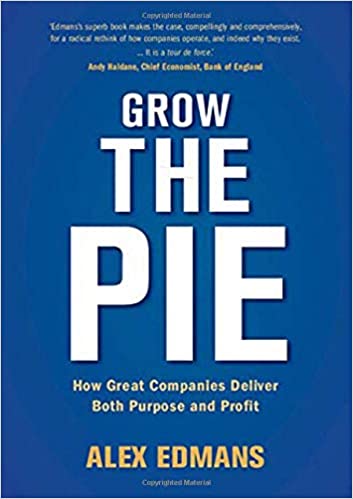
Edmans’ book,
Grow the Pie, shares results of a study based on 28 years of data, spanning a range of industries, on the effect of employee a well-being on shareholder returns, and the results are positive. Measuring employee well-being is tricky, he says, “because it’s a holistic concept that can’t be reduced to a simple number. Wages are important, but a company could pay high wages despite having scant attention to skills development—Ford paid his employees $5 a day, generous at the time.” So Edmans used the list of the “Best Companies to Work For,” whose results are based on 250 randomly selected employees and on surveys using 57 questions to identify credibility, respect, fairness, pride, and camaraderie.
To isolate for the effect of employee well-being, he “stripped out the impact of a company’s size, industry, recent performance, and other factors that may have driven returns. And I addressed the problem that it could be firm performance that causes employee well-being, rather than the other way round.” The “Best Companies to Work For” beat their peers by 2.3-3.8% per year-- 89-184% when compounded over those 28 years.”
You Can’t Just Throw Money at People to Achieve an ROI
To Edmans, the main conclusion is that investing in employees provides better long-term returns for shareholders. “When I speak to companies on the importance of employee well-being, and I’m introduced as a professor of finance, the audience often thinks they’ve misheard. The finance department is frequently the enemy of HR, believing that it’s a cost center and a distraction from profits. But the results show that any finance department with this mindset is failing at its job.”
He emphasizes that it’s not just a matter of “throwing money at workers. Also key are intangible factors, such as empowerment, opportunities to step up, and viewing them as a source of ideas rather than simply a means of executing them.”
Most importantly, he concludes, “Developing a company’s workforce is a CEO-level issue, rather than one to be delegated solely to the HR department.” CEOs often claim that “people are our greatest asset, but as marketing spin rather than because they genuinely believe it. They think that acting on this claim would fritter away profits. But the evidence suggests that it’s true. Investing in your employees is not only human and ethical, it’s good business sense.”
Master the Principles of Stakeholder Capitalism And Implementation Through Enterprise Engagement
Education, Certifications, and Information to Activate
Stakeholder Capitalism Available Nowhere Else
A complete learning, certification, and information program and a course syllabus for educators.
Training and Certification
Enterprise Engagement Alliance Education: Certified Engagement Practitioner; Advanced Engaged Practitioner, and Certified Engagement Solution Provider learning and certification programs on how to implement Stakeholder Capitalism principles at the tactical level.
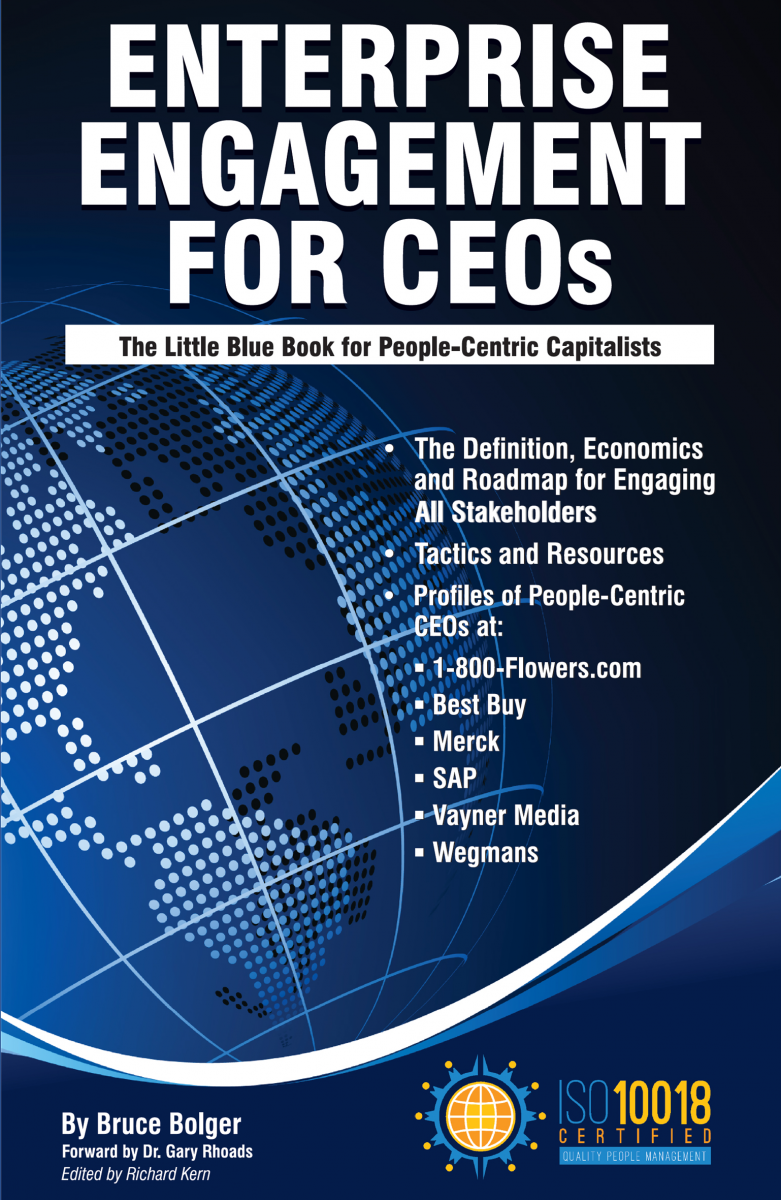
Join the EEA to begin your certification process or see our other resources below.
THE ONLY BOOKS ON STAKEHOLDER CAPITALISM IMPLEMENTATION

Enterprise Engagement: The Roadmap 5th Edition
The first and most comprehensive book on Enterprise Engagement and the new ISO 9001 and ISO 10018 quality people management standards. Includes 36 chapters detailing how to better integrate and align engagement efforts across the enterprise. (312 pages, $36.)
OTHER RESOURCES TO ACTUALIZE STAKEHOLDER CAPITALISM
Communities: The Enterprise Engagement Alliance and Advocate and the Brand Media Coalition free resource centers offering access to the latest research, news, and case studies; discounts, promotions, referrals, and commissions, when appropriate to third-party solution providers from participating coalition solution provider members.
Enterprise Engagement Resources: EEXAdvisors.com provides the only curated online marketplace to access hundreds of solution providers in all areas of human capital management and enterprise engagement throughout the world.
Online Overview:
10-minute short course: click here for a 10-minute introduction to Enterprise Engagement and ISO standards from the Coggno.com learning platform.
Services:
• The Engagement Agency at EngagementAgency.net, offering: complete support services for employers, solution providers, and technology firms seeking to profit from formal engagement practices for themselves or their clients, including Brand and Capability audits for solution providers to make sure their products and services are up to date.
• C-Suite Advisory Service—Education of boards, investors, and C-suite executives on the economics, framework, and implementation processes of Enterprise Engagement.
• Speakers Bureau—Select the right speaker on any aspect of engagement for your next event.
• Mergers and Acquisitions. The Engagement Agency’s Mergers and Acquisition group is aware of multiple companies seeking to purchase firms in the engagement field. Contact Michael Mazer in confidence if your company is potentially for sale at 303-320-3777.
Enterprise Engagement Benchmark Tools: The Enterprise Engagement Alliance offers three tools to help organizations profit from Engagement. Click here to access the tools.
• ROI of Engagement Calculator. Use this tool to determine the potential return-on-investment of an engagement strategy.
• EE Benchmark Indicator. Confidentially benchmark your organization’s Enterprise Engagement practices against organizations and best practices.
• Compare Your Company’s Level of Engagement. Quickly compare your organization’s level of engagement to those of others based on the same criteria as the EEA’s Engaged Company Stock Index.
• Gauge Your Personal Level of Engagement. This survey, donated by Horsepower, enables individuals to gauge their own personal levels of engagement.
For more information, contact Bruce Bolger at Bolger@TheEEA.org, 914-591-7600, ext. 230.
 What if organizations made major decisions based on fundamentally flawed financial analysis? The result, of course, would be unintended and sometimes even undetected financial consequences. Professor, author, and TED speaker Alex Edmans, who has spoken at the World Economic Forum in Davos, believes that many businesses have a short-sighted approach to economics that causes them to make penny-wise-and-pound-foolish decisions. The miscalculation has consequences not only for those businesses relying on outmoded financial theory but for society, he believes. As a result of the pandemic and the failure of capitalism to meet the needs of society, he believes an increase in government regulation is all but inevitable, yet another unintended consequence of business decisions that carry hidden costs.
What if organizations made major decisions based on fundamentally flawed financial analysis? The result, of course, would be unintended and sometimes even undetected financial consequences. Professor, author, and TED speaker Alex Edmans, who has spoken at the World Economic Forum in Davos, believes that many businesses have a short-sighted approach to economics that causes them to make penny-wise-and-pound-foolish decisions. The miscalculation has consequences not only for those businesses relying on outmoded financial theory but for society, he believes. As a result of the pandemic and the failure of capitalism to meet the needs of society, he believes an increase in government regulation is all but inevitable, yet another unintended consequence of business decisions that carry hidden costs. Edmans’ book, Grow the Pie, shares results of a study based on 28 years of data, spanning a range of industries, on the effect of employee a well-being on shareholder returns, and the results are positive. Measuring employee well-being is tricky, he says, “because it’s a holistic concept that can’t be reduced to a simple number. Wages are important, but a company could pay high wages despite having scant attention to skills development—Ford paid his employees $5 a day, generous at the time.” So Edmans used the list of the “Best Companies to Work For,” whose results are based on 250 randomly selected employees and on surveys using 57 questions to identify credibility, respect, fairness, pride, and camaraderie.
Edmans’ book, Grow the Pie, shares results of a study based on 28 years of data, spanning a range of industries, on the effect of employee a well-being on shareholder returns, and the results are positive. Measuring employee well-being is tricky, he says, “because it’s a holistic concept that can’t be reduced to a simple number. Wages are important, but a company could pay high wages despite having scant attention to skills development—Ford paid his employees $5 a day, generous at the time.” So Edmans used the list of the “Best Companies to Work For,” whose results are based on 250 randomly selected employees and on surveys using 57 questions to identify credibility, respect, fairness, pride, and camaraderie.











